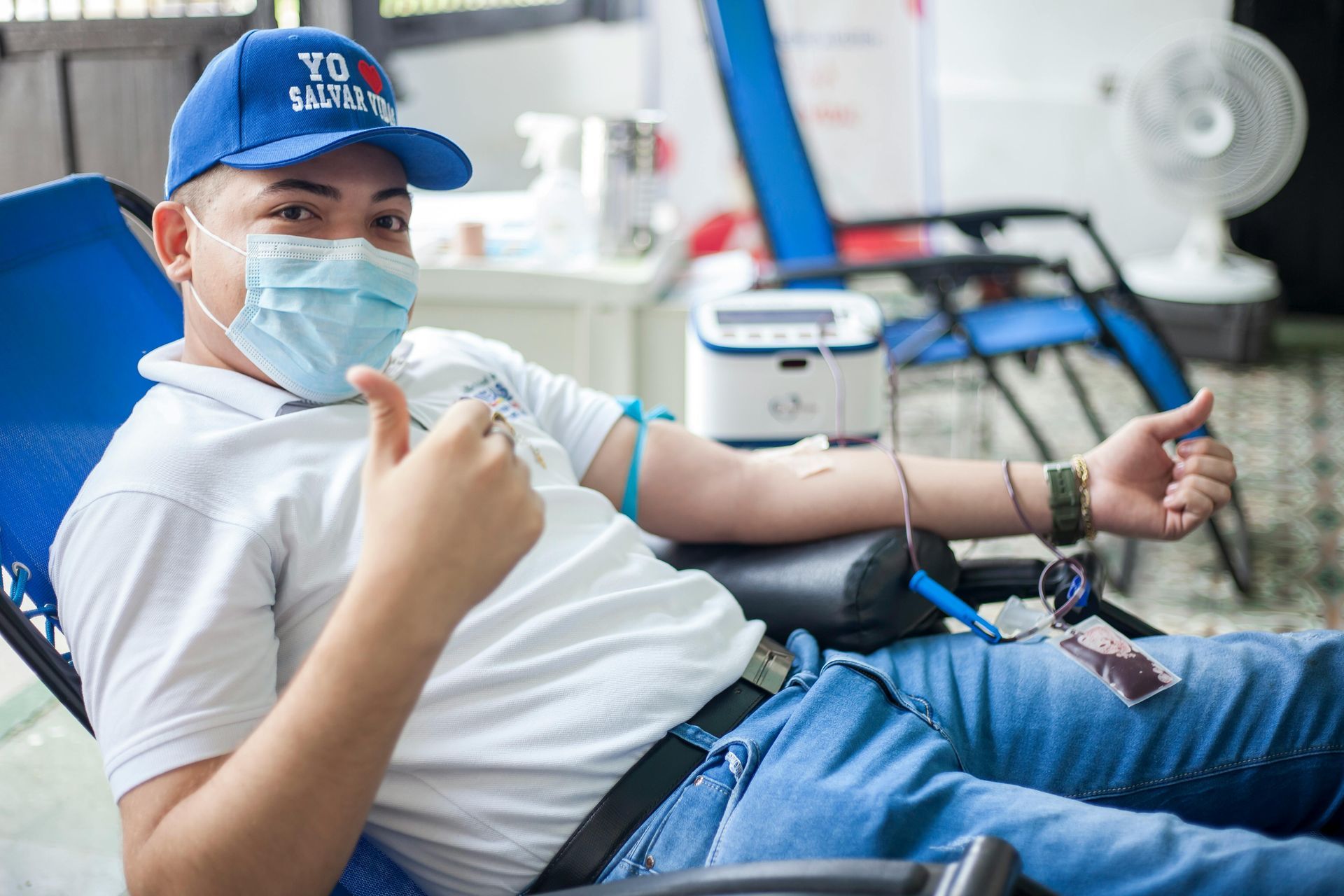Rett syndrome is a rare but serious neurological disorder that primarily affects girls, usually becoming evident in early childhood. This condition, caused by mutations in the MECP2 gene, can have profound effects on an individual's ability to communicate, move, and perform everyday activities. While Rett syndrome presents significant challenges, understanding the condition and implementing effective support strategies can greatly enhance the quality of life for those affected.
What Is Rett Syndrome?
Rett syndrome is part of a group of disorders known as pervasive developmental disorders. Initially, children with Rett syndrome may appear to develop normally. However, between six and eighteen months of age, symptoms begin to emerge.
These symptoms include:
- Loss of purposeful hand skills and the development of repetitive hand movements such as wringing or clapping.
- Difficulty with speech and language skills, often leading to the inability to speak.
- Mobility challenges, including difficulty walking or maintaining balance.
- Breathing irregularities, seizures, and gastrointestinal issues.
It is essential to note that the severity of symptoms can vary widely among individuals, and no two cases are exactly alike.
Strategies for Providing Support
Caring for someone with Rett syndrome requires a multidisciplinary approach and unwavering dedication. Here are some essential strategies to consider:
1. Therapies and Interventions:
- Physical Therapy: Helps improve mobility, balance, and motor skills.
- Occupational Therapy: Focuses on enhancing the ability to perform daily tasks.
- Speech Therapy: While verbal communication may be limited, therapists can help develop alternative communication methods, such as picture boards or eye-tracking technology.
2. Medical Care: Regular check-ups with healthcare providers familiar with Rett syndrome are critical. These appointments should address issues such as seizures, scoliosis, and gastrointestinal complications.
3. Nutritional Support: Many individuals with Rett syndrome experience feeding difficulties and may require a specialized diet or feeding support to ensure adequate nutrition.
4. Creating a Supportive Environment: A safe and engaging home environment is vital. Using adaptive equipment and assistive technologies can promote independence and improve quality of life.
5. Emotional and Social Support: Isolation can be a challenge for individuals with Rett syndrome and their families. Joining support groups or connecting with others facing similar challenges can provide much-needed emotional support and practical advice.
6. Education and Advocacy: Raising awareness about Rett syndrome in schools and communities can foster understanding and inclusion. Educators should work closely with parents and therapists to create individualized education plans (IEPs) tailored to the child's needs.
The Role of Caregivers
Caregivers play an indispensable role in the lives of individuals with Rett syndrome. Their responsibilities are vast, from managing medical appointments to providing day-to-day care. It's important for caregivers to prioritize their own well-being as well. Seeking respite care, connecting with support networks, and accessing mental health resources can help caregivers maintain their resilience and effectiveness.
Hope for the Future
Ongoing research offers hope for better treatments and, potentially, a cure for Rett syndrome. Advances in gene therapy and other innovative approaches are promising and underscore the importance of supporting scientific research.
If you or someone you know is navigating the complexities of Rett syndrome, don't hesitate to reach out for professional support. Compassionate, specialized care can make all the difference. Visit Global Hands Inc. to learn how we can help.










